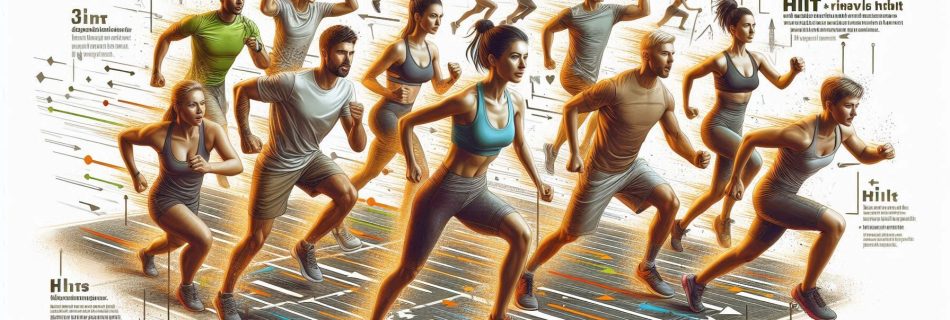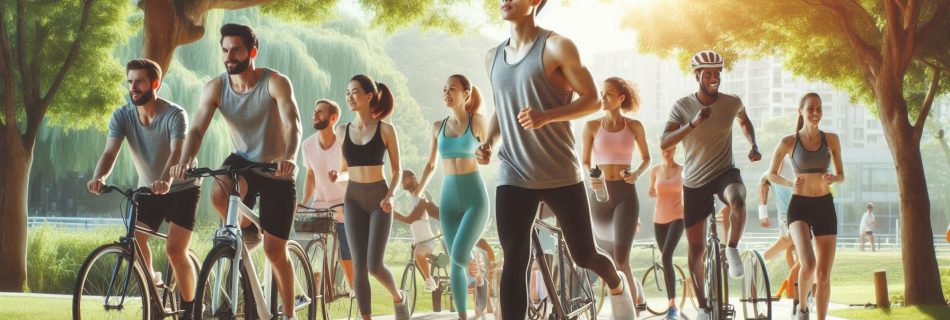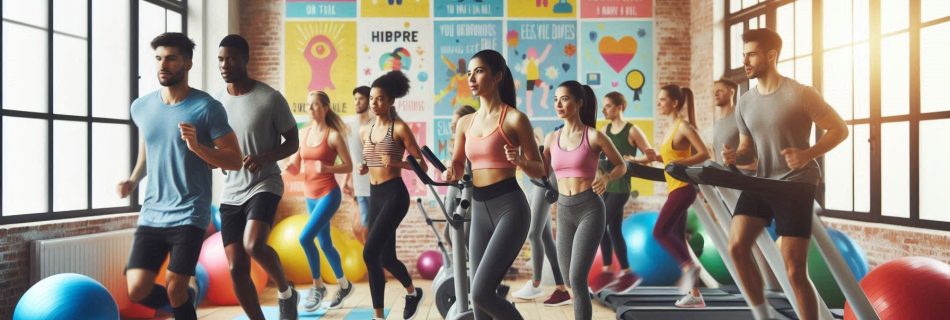What Happens to Your Body During a HIIT Session?
Introduction High-Intensity Interval Training, or HIIT, has surged in popularity over the past decade, becoming one of the most effective and efficient ways to improve fitness and burn fat. Its core principle is simple but powerful: alternate brief, intense bursts of exercise with periods of low-intensity recovery or rest. This approach contrasts sharply with traditional …
Read more “What Happens to Your Body During a HIIT Session?”









